Da Hong Pao is an undisputed star in the tea world. The legends surrounding it, political endorsements, and cultural embellishments have made it a subject of fascination since its inception. However, with such attention comes chaos, and Da Hong Pao has become increasingly mysterious.
To address this, we've selected the ten most frequently asked questions about Da Hong Pao, providing clear answers to reveal the truth behind this tea and make tea-drinking simpler.
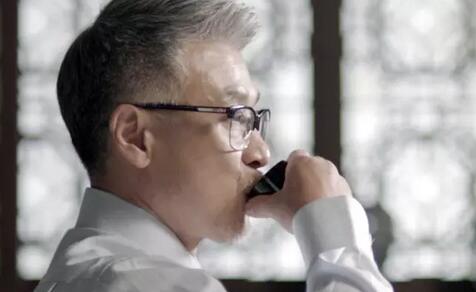
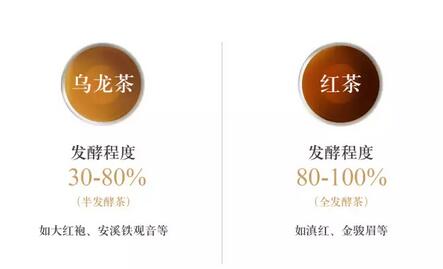
① Is Da Hong Pao a black tea?
Black tea is fully fermented, while Da Hong Pao is a semi-fermented oolong tea. Just because its name contains the word "red" doesn't make it a black tea, just as Anji white tea is not actually white tea.
② What is the relationship between Da Hong Pao and Wuyi rock tea?
According to the national definition of the "Geographical Indication Product of Wuyi Rock Tea," "Wuyi rock tea" refers to oolong tea produced under the unique natural ecological conditions of Wuyi Mountain, using suitable tea tree varieties, cultivated through asexual propagation, and processed with traditional techniques to achieve the distinctive "rock rhyme" (rocky and floral aroma) characteristics.

Da Hong Pao, known as the "King of Wuyi Rock Tea," is the most representative product of Wuyi rock tea. It is both the name of a tea product and a tea tree variety.
③ Is Da Hong Pao the name of a tea tree variety or a tea product?
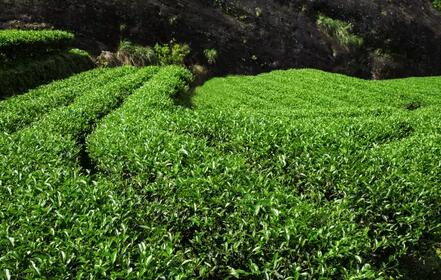
Da Hong Pao is both the name of a tea tree variety and a tea product. While they are related, the tea tree variety is not the same as the tea product.
④ Why do prices for Da Hong Pao vary so much in the market?
The most sought-after is the mother tree Da Hong Pao, located at Tianxin Rock's Nine Dragon Cluster, with a history of over 360 years. Its "sky-high" prices are largely due to auction records, reflecting not only the value of the raw material and craftsmanship but also its cultural significance as a collectible. However, the mother tree Da Hong Pao is nearly mythical—production ceased in 2006, and even before that, its output was minimal, making market circulation extremely rare.

| Mother Tree Da Hong Pao |
Currently, Da Hong Pao sold in the market is mainly divided into purebred Da Hong Pao and blended Da Hong Pao. (1) Purebred Da Hong Pao is propagated asexually from the mother tree and processed separately, making it scarce and expensive. (2) Most Da Hong Pao on the market is blended, combining different Wuyi rock tea varieties in specific proportions to meet market demand, improving aroma and taste while keeping costs lower. Additionally, prices vary significantly based on origin and grade.
⑤ Is blended Da Hong Pao of good quality?
Tea blending, like wine blending, is a necessary technique to ensure consistent quality and can even enhance the tea's flavor. Since tea became a commodity, blending has existed because tea production is a highly variable process.

Differences in tea leaves, harvest times, and processing techniques, including roasting, can all affect the final product's quality. Even within the same factory, batches may vary. Market standards, however, require consistency—grades like premium, first-grade, second-grade, etc. To meet these standards, skillful blending is essential. Thus, the issue isn't blending itself but how well it's done.
⑥ Can you buy good Da Hong Pao in Wuyi Mountain?
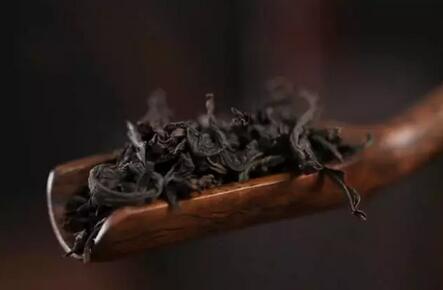
Da Hong Pao originates from Wuyi Mountain, but that doesn't guarantee you'll find good Da Hong Pao there. Whether you buy good tea depends entirely on your knowledge. If you're unfamiliar with tea quality, you might still end up with subpar tea.
⑦ When brewing Da Hong Pao, there's a lot of foam. Does this mean the tea is dirty? 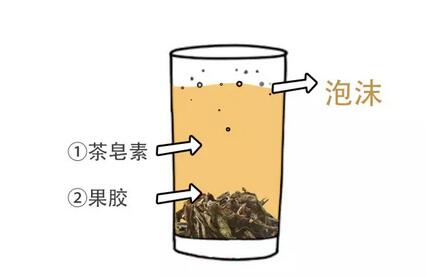
The foam during brewing comes mainly from tea saponins, which have strong foaming properties, and pectin in the tea. Sometimes, you may see an oily film on the first brew, which is related to the water used. Soft water, like purified water, is best for brewing. The foam isn't dirt—dust doesn't foam—and it doesn't indicate tea quality.
⑧ Why does Da Hong Pao taste smoky?
First-time drinkers of Da Hong Pao may notice a smoky aroma, similar to coffee's roasted scent.
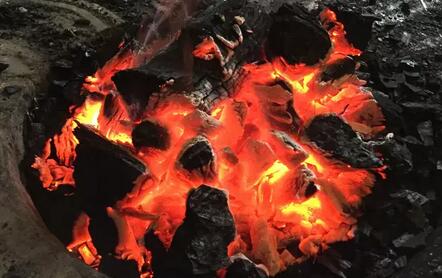
If the roasting is intense and prolonged, the smoky aroma will be stronger.
⑨ Why does Da Hong Pao brewed at home taste different from tea shops?
This usually comes down to brewing technique. Tea flavor depends not only on the leaves but also on the teaware, water, steeping time, water volume, and temperature.
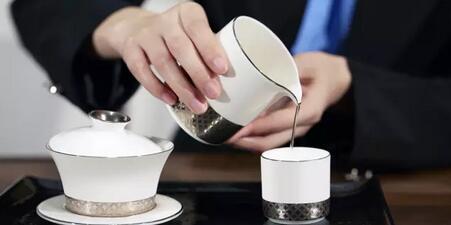
Tea shop staff are trained to bring out the best in the tea. For home brewing, follow the instructions or adjust to your taste. Don't overcomplicate it—enjoy the process.
⑩ How long can Da Hong Pao be stored?
Tea quality is affected by moisture, temperature, oxygen, and light. Store tea in a dark, dry, ventilated, and odor-free place, minimizing exposure to air and moisture.
Da Hong Pao's shelf life is generally 2–3 years. Depending on the roasting level, storage varies. Lightly roasted Da Hong Pao doesn't store well as its aroma fades quickly. Heavily roasted Da Hong Pao, with more intense firing, stores better and often improves with aging as the roast mellows.